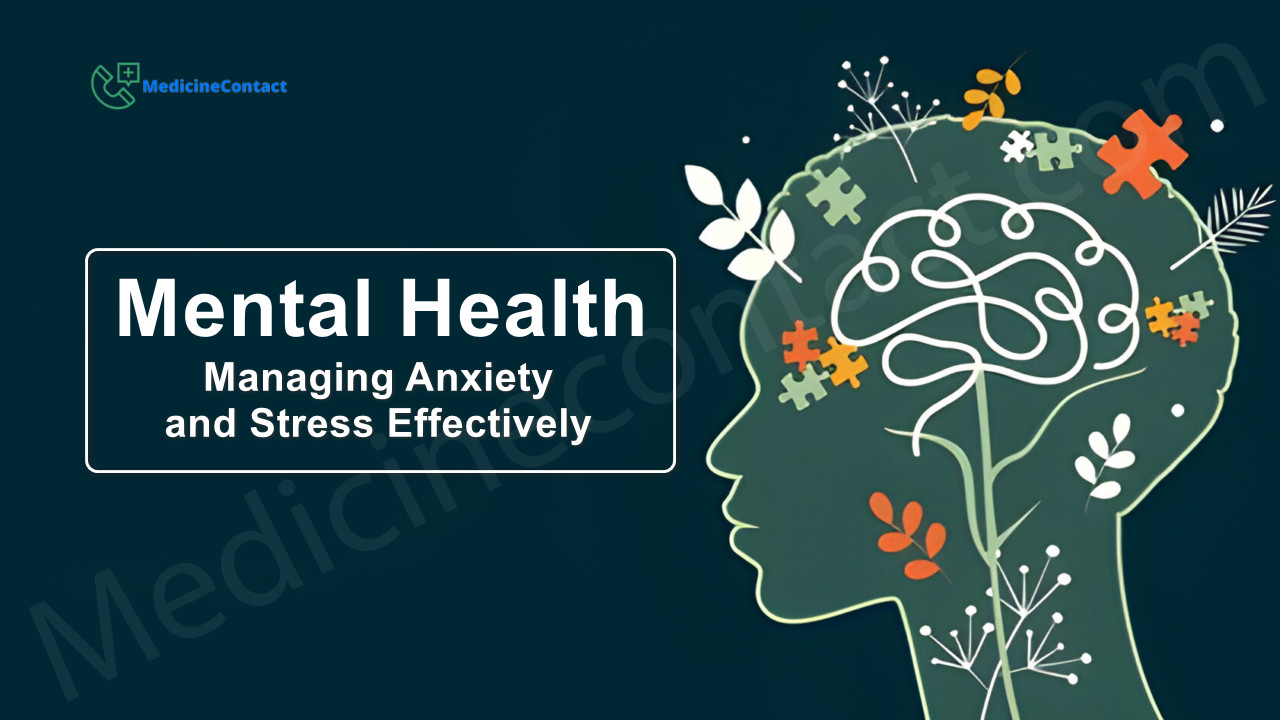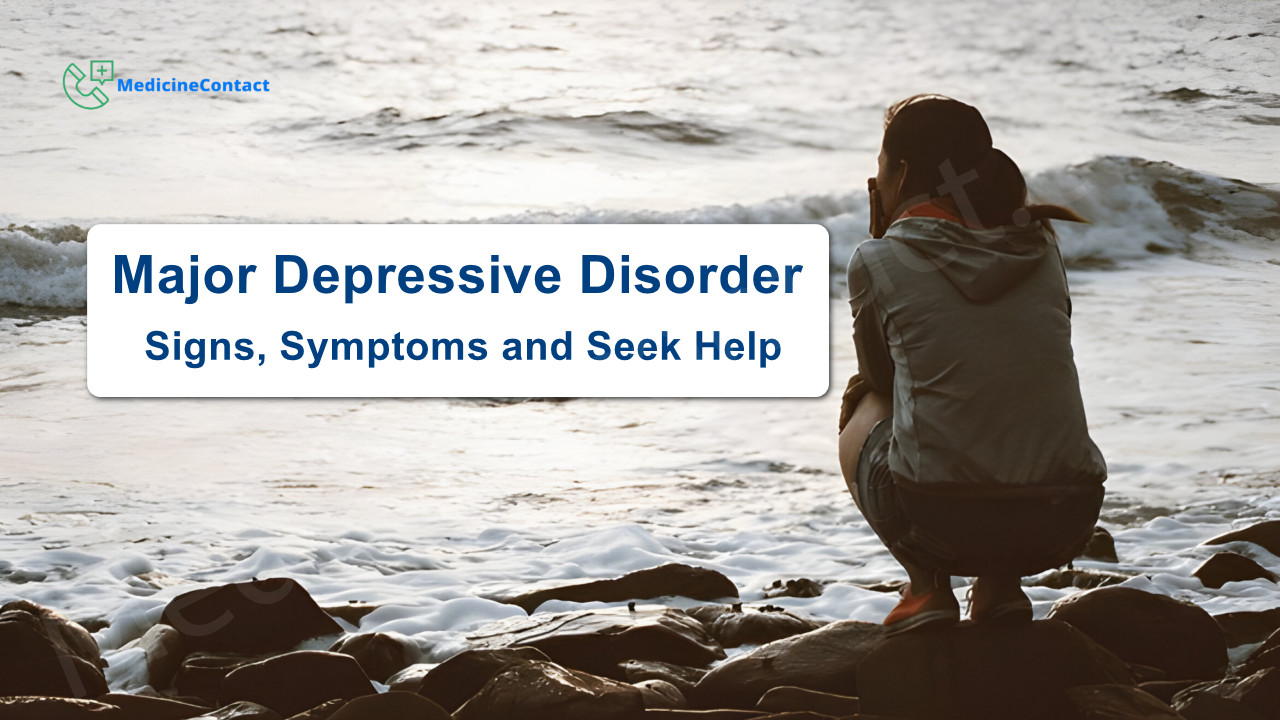
Using Ashwagandha to Help Treat Fibroids
Uterine fibroids afflict nearly 70% of women by age 45. These noncancerous muscle growths in the womb often contribute to pelvic pain, heavy periods, and fertility issues. With few medical treatments available beyond surgery, many women turn to complementary approaches like herbal remedies for relief.
Ashwagandha, a staple in Ayurvedic healing, shows promise for easing fibroid symptoms. Its anti-inflammatory, hormone-regulating, and stress-relieving properties provide multiple ways this adaptogenic herb may support uterine health.
Understanding Ashwagandha
Ashwagandha (Withania somnifera) is a shrub native to Asia and Africa. The small greenish-yellow berries and orange roots have been used in Indian Ayurvedic medicine for over 3,000 years.
Modern research confirms many health benefits of ashwagandha linked to bioactive withanolides unique to this “winter cherry” plant. These include:
- Adaptogenic stress and anxiety relief
- Anti-inflammatory, antitumor, and antioxidant activity
- Immune-boosting and energy-enhancing effects
- Hormone regulation, specifically thyroid and testosterone
These wide-ranging benefits target some suspected contributors to uterine fibroid growth, making ashwagandha a potentially helpful complementary treatment.
How Might Ashwagandha Help Shrink Fibroids?
No studies focus specifically on ashwagandha for fibroids. However, research on related health issues suggests it may help in several key ways including:
- Hormone regulation – helps normalize estrogen levels
- Controlling inflammation – regulates inflammatory cytokines
- Reducing oxidative cell damage – antioxidant properties
- Improving thyroid problems – boosts thyroid hormone
- Lowering cortisol – adaptogen balances stress response
For many women, fibroids result from increased local estrogen, oxidative stress, and systemic inflammation. Ashwagandha’s combination of hormonal support, anti-inflammatory, and antioxidant activity offer multiple ways it may help shrink or prevent future fibroid growths.
Key Bioactive Compounds in Ashwagandha
The main bioactive components of ashwagandha that give it the above benefits include:
- Withanolides – steroidal lactones with anti-inflammatory effects
- Alkaloids – stimulate thyroid, relieve muscle spasms
- Sitoindosides – improve stress resilience, boost immunity
- Withaferins - antioxidant, antitumor, radiosensitizing activity
Different parts of the ashwagandha plants, extraction methods, and formulations standardize or concentrate these compounds differently for targeted supplement effects.
Studies on Ashwagandha for Women’s Reproductive Health
While no studies look at using ashwagandha specifically for fibroids, related research on women’s reproductive health issues finds:
- Reduced inflammation markers interleukin-6 (IL-6) and C-reactive protein (CRP)
- Lowered ovarian cyst incidence and size
- Increased serum estrogen and progesterone levels
- Reduced cortisol levels and perceived stress scores
- Lower natural killer (NK) cell activity – linked to miscarriage risk
The hormone regulation, anti-inflammatory, and stress lowering effects demonstrated in these studies offer encouraging evidence that ashwagandha may help fibroid sufferers.
Ideal Ashwagandha Supplements for Fibroids
Look for ashwagandha supplements standardized to provide at least 5% withanolides. This ensures sufficient concentrations of the antibacterial, antioxidant compounds. KSM-66 and Sensoril are patented extracts with published research on safety and efficacy.
The best ashwagandha formulations will also note the plant part used (roots or leaves), extraction method, confirm organic growing practices, and may combine other herbs like turmeric or ginger that also have anti-inflammatory benefits.
Ashwagandha Dosage for Fibroids
Most fibroid-specific protocols recommend 300-500mg standardized ashwagandha extract once or twice per day. This matches dosing used in many related reproductive health studies. Lower end doses may work better for some who experience sensitivities.
Ashwagandha is generally safe taken for several months up to a year, under the guidance of an herbalist or naturopathic doctor. Some women may trial periodic ashwagandha protocols alongside other hormone balancing herbs before resorting to surgery.
What to Expect When Taking Ashwagandha
Many women report significant fibroid symptom relief taking ashwagandha. However, most studies suggest the full effects take 6-12 weeks. What many women experience when supplementing includes:
- Gradual easing of pelvic pain and cramping
- Lightening of periods with less clots and bleeding
- Reduced pregnancy miscarriage risk
- Better regulation of cycle irregularities
- Improvement in linked issues like anemia, fatigue, and low thyroid
These benefits result from lowering inflammation, improving hormone balance, and countering oxidative cell damage locally in uterus tissues and systemically.
Potential Side Effects of Ashwagandha
Ashwgandha has an excellent long-term safety record. However, some women experience digestive upset, drowsiness, headaches, rashes or increased symptoms taking ashwagandha including:
- Heavier periods
- Pregnancy complications due to stimulating properties
- Hormone imbalances if doses too high
- Medication interactions – consult doctor if also on thyroid, diabetes, or immunosuppressant drugs
Adjusting dosages, taking with food, or switching to topical cream formulations can help reduce unwanted effects that persist beyond the first week of supplementing.
An Herbal Ally for Uterine Health
For women struggling with fibroids who want alternatives to surgery, ashwagandha provides multiple benefits that target suspected root causes of these growths.
Clinical studies demonstrate ashwagandha’s ability to regulate female sex hormones, control inflammation and immune activity, counter oxidative damage that spurs tumors, and balance stress hormone excesses.
While more research specifically on fibroids is still needed, this synergistic combination of mechanisms helps explain positive anecdotal experiences that ashwagandha and other herbal approaches bring symptom relief and shrink small-to-moderate uterine fibroids. Work under guidance of a naturopath or herbalist to determine if ashwagandha protocols could benefit your fibroid treatment plan. Ashwagandha offers hope for less invasive healing of this all-too-common condition plaguing women’s wellness.
FAQs
How might ashwagandha help treat fibroids?
Ashwagandha may help treat fibroids through hormone regulation, lowering inflammation, reducing oxidative cell damage, improving thyroid problems, and balancing excess cortisol.
What compounds make ashwagandha beneficial?
Key beneficial compounds in ashwagandha include withanolides, alkaloids, sitoindosides, and withaferins. These provide anti-inflammatory, antioxidant, and hormone regulating activity.
What positive effects may women with fibroids notice from ashwagandha?
Potential beneficial effects include reduced pelvic pain and cramping, lighter periods with less blood loss, lowered miscarriage risk, and improvement in linked issues like anemia and fatigue.
What are the risks or side effects of taking ashwagandha?
Possible side effects include digestive upset, drowsiness, headaches, rashes or increased period symptoms. Those pregnant, on medications, or with hormone sensitivities should exercise caution with ashwagandha.
Disclaimer: This article is for informational purposes only and does not constitute medical advice. Always consult with a healthcare professional before starting any new treatment regimen.




